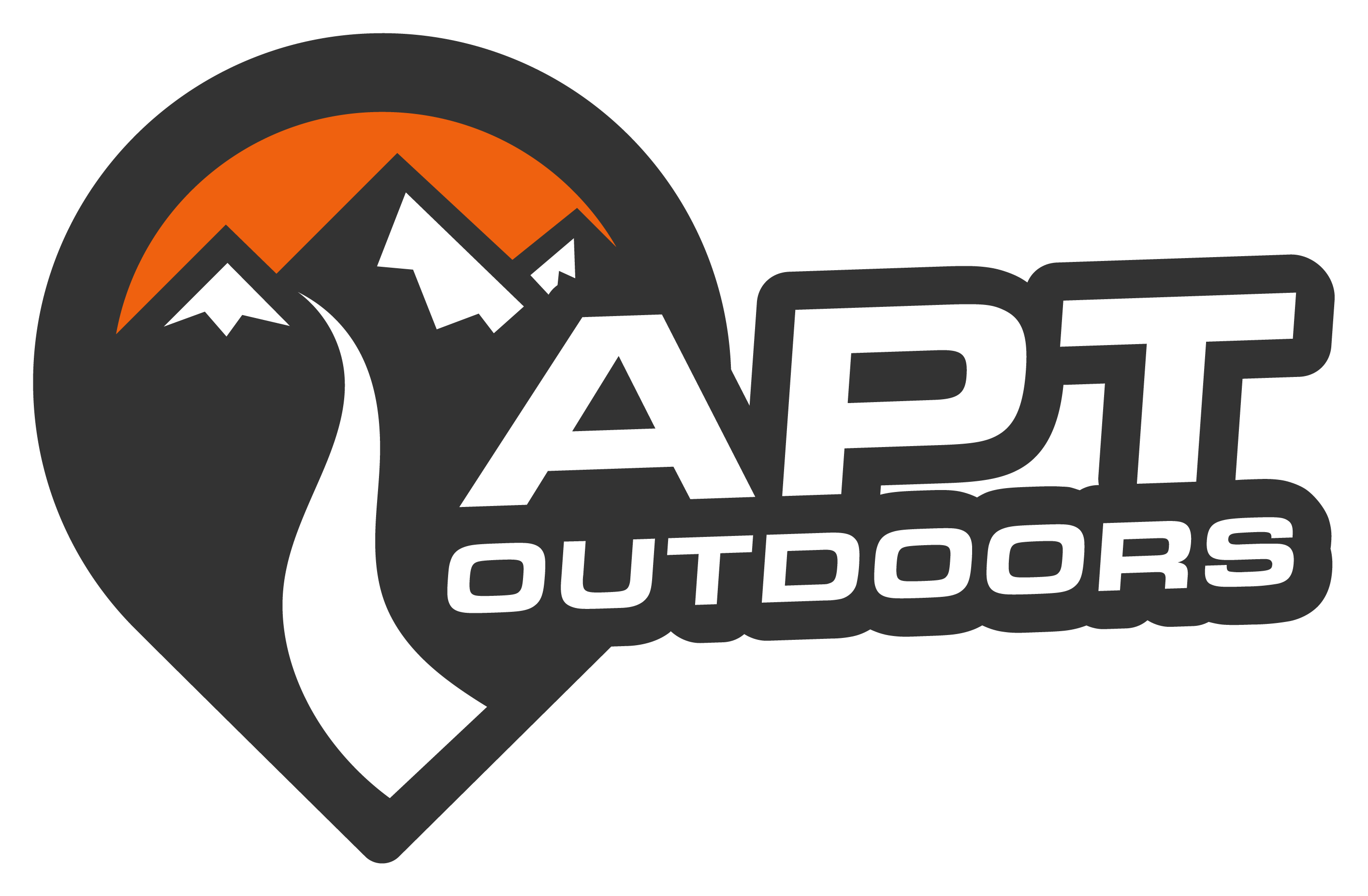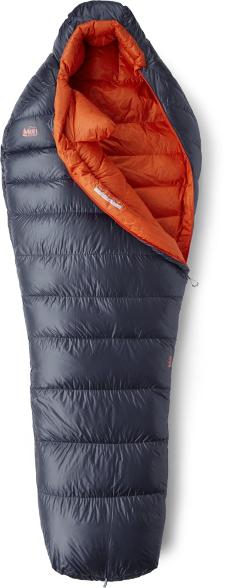Preparedness, Not Panic During Coronavirus
We’re living in a time when store shelves are empty due to panic buying of what might be deemed essential items. Anything from toilet paper to cleaning supplies and meat products have been bought out of the local grocery stores out of a sense of procrastinated preparedness. The idea is that if you have to self-isolate for 14 days due to Coronavirus, what would you need? With a curve of infection that appears nearly exponential how long would you need to isolate? That’s not for me to say, I’m not an arm chair epidemiologist like seemingly everyone else on the Internet.
This seems like a good time to look at your emergency plan for almost everything though. Preparedness should absolutely never be procrastinated until there’s a disaster, regardless of how convenient Amazon Prime is — when there is a glut of supply and no demand.
Supplies You Needed Yesterday
For whatever reason whenever there’s a blizzard or a severe weather alert without fail there’s a run on the grocery store for milk, bread, and eggs. I’m not sure who’s at home during a blizzard making a preposterous amount of french toast (okay, sometimes me) but there are definitely things you need to think of in advance of a weather event, disaster, or in this case a pandemic.
Why is it that people are running out and buying toilet paper despite coronavirus not having a single symptom that would make you go to the bathroom more than normal? Psychologists say that panic buying is a form of retail therapy that puts people back in control of what seems like an out of control life. It certainly seems that way when we look at the news and there’s nothing but exponential curves showing a rate of infection. R0 (R nought) for Coronavirus is 3, meaning each person on average infects three others in normal societal interaction.
So in order to feel in more control of your life during an uncertain time, it’s a good idea to have certain things handy, regardless of the disaster.
- Fresh water
- Auxiliary heat or cooking methods
- A full freezer
- A stocked pantry
- Some fuel set aside for your vehicles or generator
- Yes, even toilet paper
Wait, I Have All Those Things
Well, yeah. If you’re reading this blog in the first place you’re probably someone who spends a lot of time outdoors. Outdoorsfolks spend a lot of time thinking about preparedness even when it isn’t the real thing on their minds. They plan for extended trips, they plan for eventualities in weather, food shortages, or what happens when they don’t down the critter they’re after.
We tend to amass large quantities of gear for hiking, camping, fishing and hunting. Cooking stoves and fuel, freeze dried backpacking food, water filtration devices, and flashlights of all form factors. If you haven’t realized the biggest part of your emergency preparedness kit is already purchased.
There are other steps you can take. When my big standup freezer is running low I make ice blocks from cleaned out milk jugs. These do double duty keeping mass in the freezer and keeping things cold, but also work as ice packs when you go fishing or hunting. A couple of gallons of ice helps you from buying ice at the gas station, and is easily frozen and thawed. If need be during a time when you need clean water, you’ve got it. I’ve got about 6 gallons in the freezer now, ready for a good day on the lake trying to fill a cooler full of crappie.
Prepping, but not a Prepper
I keep a rotating stock of camping food, now that I do a little bit of backpacking I buy my backpacking food in bulk, and keep heavier car camping foodstuffs in an Rubbermaid Action Packer. It serves as an auxiliary pantry if need be, but you need to always replenish what you take from it.
Having food, fuel, protection, and other necessities isn’t just a good idea, it’s being prepared. This should be done on a cycle the same way you manage your refrigerator and pantry. Stocks of batteries and food should be fresh and rotated so as not to fail you in a time of need — though the dehydrated stuff lasts for a 10-20 years!
Being prepared helps you focus on the things that really matter. The COVID-19 scare is no joke, and hopefully it was a wake-up call to society that they need to be better equipped to handle difficult times.




